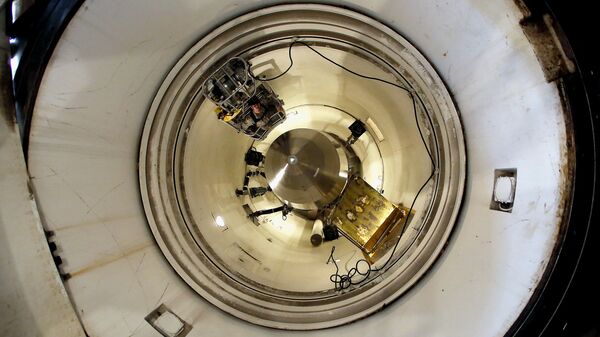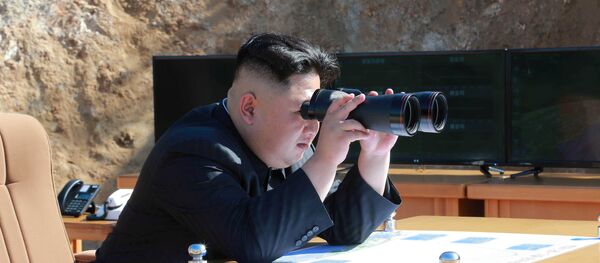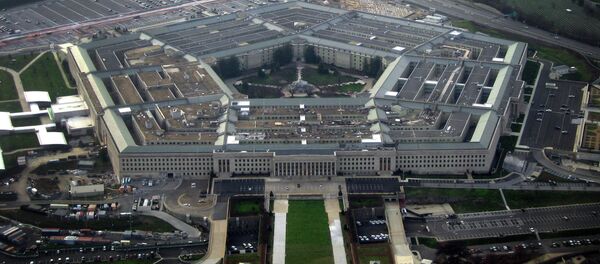The US Department of Energy has rejected a request by the Federation of American Scientists to disclose the size of the country's nuclear weapons stockpile, the organisation stated in a press release.
"After careful consideration…it was determined that the requested information cannot be classified at this time," the DoE wrote in an April 5 letter, offering no further information, except to say the decision was made by Department of Defence and DoE officials from the Formerly Restricted Data Declassification Working Group.
The analyst warned that Washington's decision will make it harder to secure new arms control agreements with Russia and China. The Trump administration began its withdrawal from the 1987 Intermediate-Nuclear Forces Treaty earlier this year, with Moscow also expressing concerns that the fate of the extension of the Strategic Arms Reduction Treaty (New START) could be in question.
Kristensen said there was no clear indication about why Washington rejected the nuclear stockpile disclosures, noting that "the answer may be as simple as 'because it can' with no opposition from the White House," or an indication that the US has already begun to increase the size of its nuclear stockpile (although that option was less likely, in his view).
According to Stockholm International Peace Research Institute figures from January 2018, Russia and the US have the largest nuclear stockpiles, with 6,850 and 6,450 nuclear warheads, respectively, with France, China, the UK, Pakistan, India, Israel and North Korea having access to 300, 280, 215, 140-150, 130-140, 80 and 10-20 nukes, respectively.
'World nuclear forces: reductions remain slow as modernization continues'. Global stockpiles:
— SIPRI (@SIPRIorg) 19 июня 2018 г.
🇷🇺6850
🇺🇸6450
🇫🇷300
🇨🇳280
🇬🇧215
🇵🇰140–150
🇮🇳130–140
🇮🇱 80
🇰🇵10–20
New data and analysis in #SIPRIYearbook 2018, out now: https://t.co/mXkzspTZJW pic.twitter.com/GLYzUKsRma



